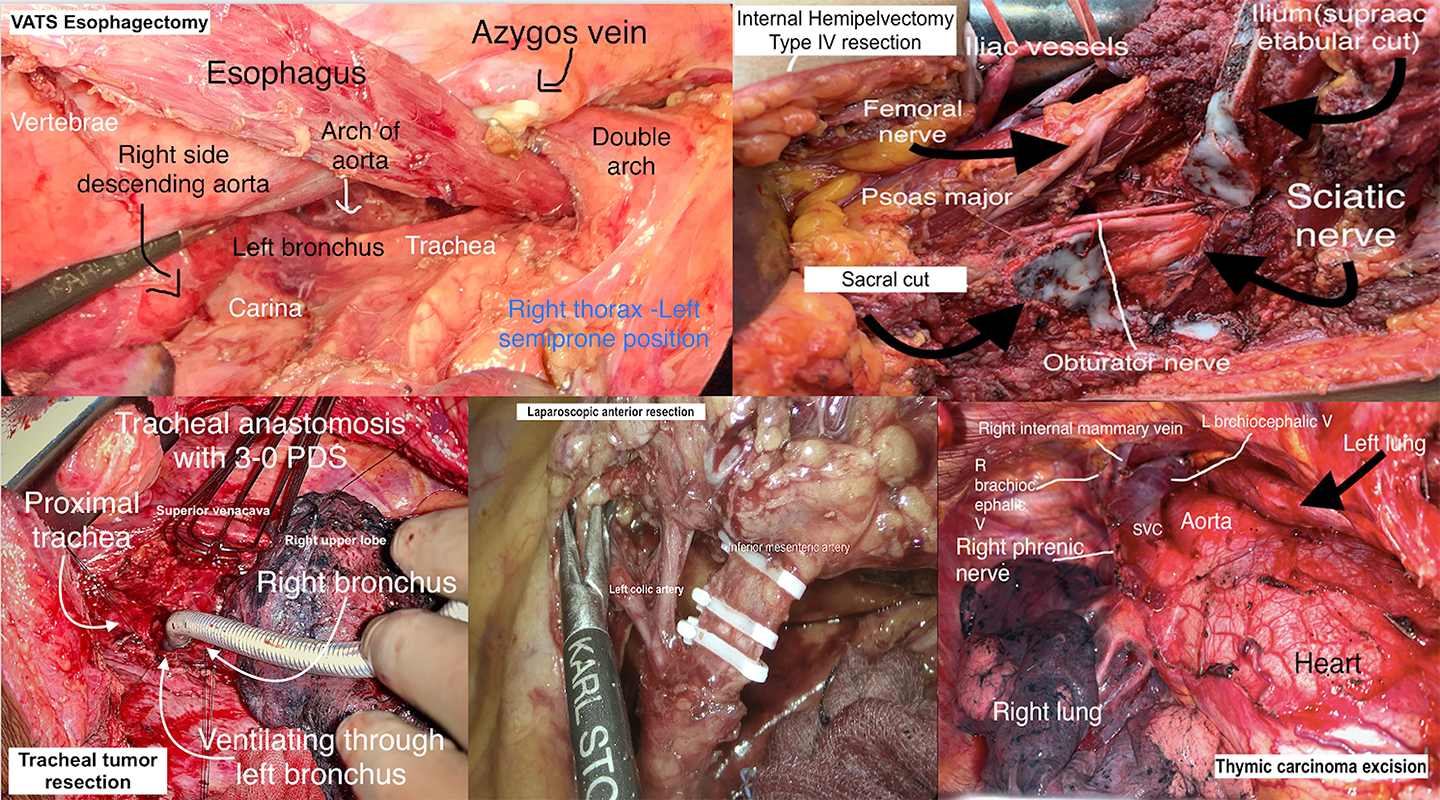Overview
The Department of Surgical Oncology, Kasturba Medical College was established in 1992 and was one of the earliest Surgical Oncology departments in this part of the state. The department has grown strength to strength, abreast with latest developments and moving towards the goal of adequate cancer surgery along with function/organ preservation in tune with the internationally accepted treatment standards and guidelines. It is an internationally acclaimed centre for cancer treatment and research, catering to the needs of people of the state of Karnataka and adjoining parts of Kerala and Goa. The department has several innovative and pioneering work in cancer control, treatment, research and training to its credit. The department provides a thorough surgical care, starting with establishing the diagnosis, through comprehensive staging of the tumour, oncologically sound surgery and a high standards of post-operative care. The department is located in the Shirdi Sai Baba Cancer Centre and Research block and is a part of Manipal Comprehensive Cancer Care Centre (MCCCC) with full-fledged departments of Radiation Oncology, Medical Oncology, Paediatric Oncology, Palliative Medicine and Nuclear Medicine and supported by allied services such as Plastic surgery, Critical care medicine, Anaesthesiology, Pathology, Radiology, Microbiology, Nutrition and Transfusion Medicine. On an average, 500 major oncological surgeries are performed by the department in a year. The spectrum of surgeries includes basic, advanced and supra major complex resections and reconstructions. Routine operations include procedures for head and neck (including Thyroid and Salivary Gland tumors), breast and gynecological cancers (Ovary, Cervix and Endometrial cancers). Major procedures performed are all types of Esophageal cancer surgeries, Hepato-pancreatico-biliary cancer surgeries (Liver, Bile duct and Pancreatic tumors), upper and lower Gastrointestinal cancer surgeries (Stomach, Colon and Rectal Cancers), Thoracic cancer surgeries (Lung, Trachea, Mediastinal neoplasms Including Thymus gland tumor), Limb salvage surgery (Bone and soft tissue tumors), Hyper-thermic Intraperitoneal Chemotherapy (HIPEC) and Pelvic exenterations etc. Minimally invasive cancer surgeries include advanced laparoscopic and thoracoscopic (VATS-Video Assisted Thoracoscopic Surgery) surgeries. |
Key Features
• Thoracoscopic (VATS) surgery – Esophageal cancer, Lung and Mediastinal tumors.
- Laparoscopic surgery- Stomach, Pancreas, Colorectal, Gynecological and Urological cancer
- TAMIS- Trans-anal Minimally invasive surgery for early rectal cancers
• Inter-sphincteric resection (ISR) – Sphincter preserving surgery for low rectal cancer
• Conservative surgery- Breast, Limb saving surgery, Nephron sparing for kidney cancer
• Sentinel node – Breast, Gynecological and Urological cancers
• Cytoreductive surgery + Hyper-thermic Intra Peritoneal Chemotherapy (HIPEC) for Peritoneal surface malignancies, Stomach,
Colorectal cancer, Ovarian cancer.
• Pelvic Exenterative surgery – Colorectal, Gynec and Urological cancers
• Plastic reconstruction-Local and free flaps.
• Chemotherapy venous access devices insertion.
Complex and special cases performed recently
• Ileo-colon transposition for esophagectomy reconstruction
• Internal Hemipelvectomy type IV resection for Sacro-iliac joint tumor
• Thoracoscopic Esophagectomy in patient with Double aortic arch
• Limb salvage surgery with Extra corporeal Radiotherapy (ECRT)
• HIPEC surgery for cancer stomach
- Tracheal resection and reconstruction for intra-thoracic tracheal tumor just above the carina
About the Area of Study
Surgical Oncology is a branch of surgery which deals with surgical management of malignacies. It is a branch, which evolved from General Surgery. It works in coordination with other branches, such as Medical Oncology and Radiation Oncology in the management of patient's suffering from cancer. Surgical Oncology deals with resection of solid tumours with the curative and palliative intent. Surgical Oncology is a super speciality branch which will train surgeons who have completed their post graduate General Surgery training to treat malignancies. This branch requires high technical skills, updating knowledge on ongoing research. Surgical Oncology has further been divided into multiple sub-specialities (organs specific services). This branch looks forward to a comprehensive care of patient's suffering from cancer. The surgical training is usually for a period of three years after post graduate surgical training. The depth and versatility of their training will continue to open many new opportunities for Surgical Oncologists in the future.
